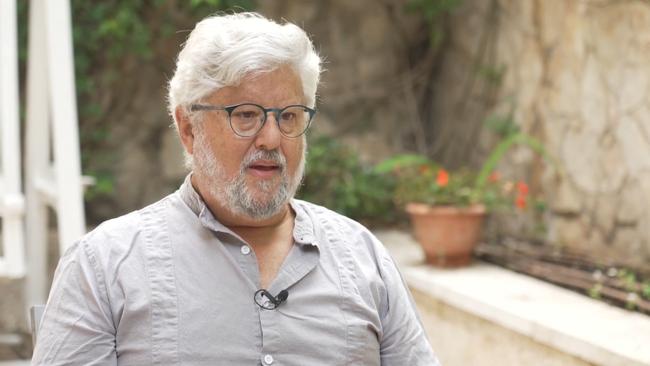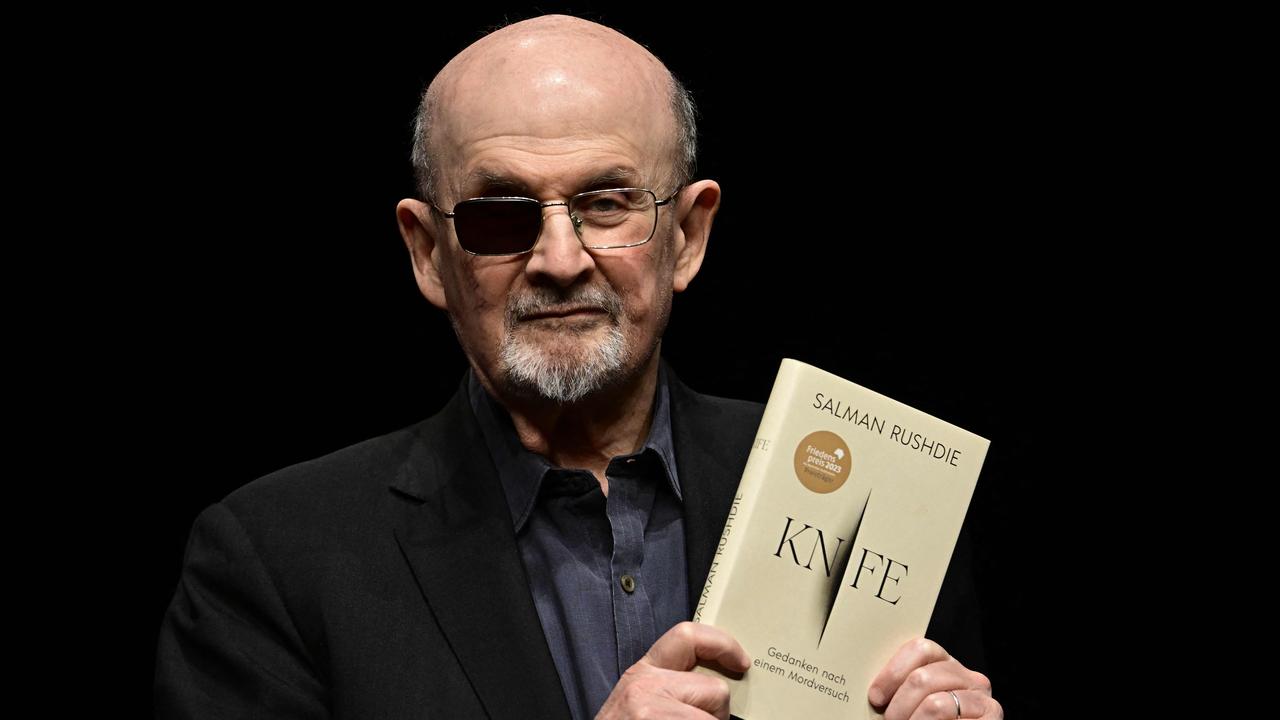Israeli hostages in limbo as Gaza tunnel attack looms
The Israeli military is finalising plans to storm tunnel networks beneath Gaza in an effort to release hostages, a veteran negotiator has warned.

The Israeli military is finalising plans to storm tunnel networks beneath Gaza in an effort to release hostages, as hopes fade for an exchange deal, a veteran Israeli negotiator has warned.
Attempts to secure the release of 239 hostages held by Hamas are approaching a “critical moment”, according to Gershon Baskin, who facilitated the last hostage exchange with the militants in 2011.
Mr Baskin was pivotal to the return of Gilad Shalit, an Israeli soldier exchanged in return for more than 1000 Palestinian prisoners. Many of those released under the 2011 deal went on to commit the atrocities of October 7, including Yahya Sinwar, the leader of Hamas in Gaza.
“Within the next few days or hours, if there isn’t a deal for the release of hostages by agreement, military operations to go into the places hostages might be held will begin,” Mr Baskin said.
“We don’t know what the results of those (operations) will be, if the hostages will be freed or killed in the crossfire, and Hamas may also respond by killing hostages in response to Israelis going after them in the tunnels.”
Mr Baskin, 67, suggested the prospect of an exchange of hostages and prisoners was fading, with a ceasefire appearing unlikely, given that Israel Defence Forces soldiers are deep inside northern Gaza.
Three armoured divisions and most of an airborne division are thought to be in the territory.
“For Israel to implement a ceasefire, it means they will have to redeploy their forces. If they just stop where they are, they are sitting ducks for Hamas to shoot and kill soldiers, so they can’t just have a ceasefire,” Mr Baskin said.

Hamas would also have to agree to a “meaningful release” of up to 150 hostages it is believed to be holding in underground bunkers and apartments around the territory.
Hamas has not allowed the International Red Cross to visit the hostages, who include a nine-month-old.
From his experiences in the Shalit case, Mr Baskin said the captives were likely to be held throughout densely populated areas.
He said there was a growing understanding that the hostages could be freed only through military intervention, echoing comments from former Israeli president Reuven Rivlin at the weekend. “We have a wonderful army and I trust them to do everything to bring the hostages home,” Mr Rivlin said.
The Shalit deal has come under growing scrutiny in recent weeks, being described as “disastrous” by a member of the taskforce trying to release the Gaza hostages.
Noam Peri’s British half-brother, Danny Darlington, was murdered on October 7 and her father, Chaim Peri, 79, is a hostage. He gave himself to the terrorists to save his wife, Osnat, who stayed hiding in the shelter when Hamas stormed Kibbutz Nir Oz.
On Saturday, Ms Peri said the Israeli government must “do everything necessary to bring my father and the rest of the hostages home”.
One British citizen, Nadav Popplewell, is among the hundreds seized. So far, one female Israeli soldier has been rescued and four women have been released. Hamas also has claimed at least 50 hostages have been killed in Israeli airstrikes.
“They’re not showing bodies, giving names of hostages, they’re giving no information, so the working assumption is there are (about) 240 hostages being held by Hamas, all of them are alive and Hamas is responsible for all of them,” Mr Baskin said.
Egypt and Qatar have been working on negotiations, but Mr Baskin doubted Qatar could achieve much.
“I’m curious about why everyone is putting so much emphasis on the Qatari track,” he said. “Qatar likes playing both sides. They did it with the Taliban.”
The Times


